
OR
Terai grapples with health risks from extreme heat conditions
Published On: June 3, 2023 06:30 PM NPT By: Republica | @RepublicaNepal
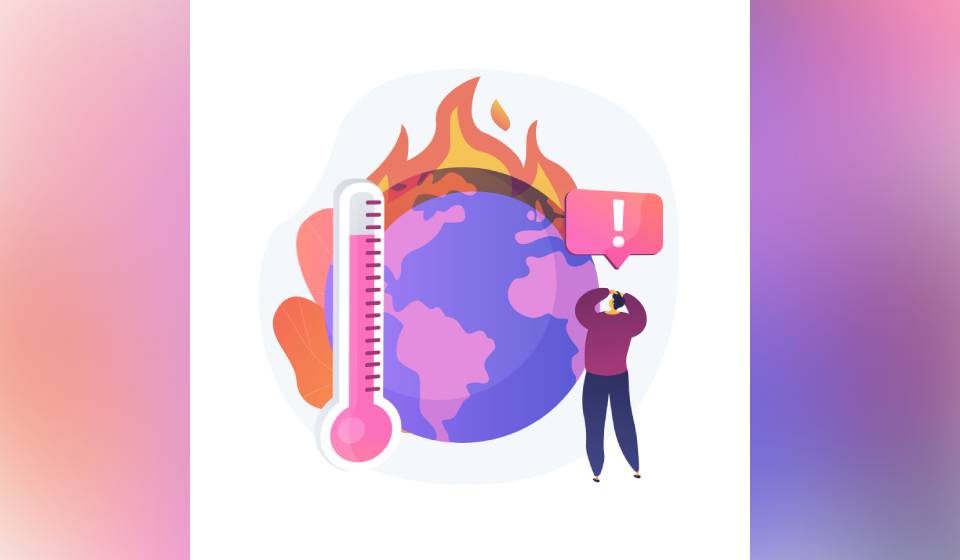
KATHMANDU, June 3: Since the last few days, excessive heat has been reported in various parts of the country which will continue for the next few days. The Department Hydrology and Meteorology (DHM) has requested the general public to take necessary precautions and to avoid venturing out during the daytime especially in the Terai as there is a possibility of hot air and heat wave in the next five days.
The officials of DHM have said that there is a possibility that the temperature may increase not only in the Terai but also in the valley and the hill areas.
The temperature has been gradually increasing in the last few days in different parts of the country, including the Kathmandu Valley. The Terai districts, mainly the Central Terai region and its surrounding areas have witnessed the maximum temperature of more than 40 degrees Celsius.
Issuing a special bulletin on Friday, DHM said that exposure to hot air may cause fatigue, weakness, excessive thirst, headache, leg cramps, dizziness, fainting, muscle pain, vomiting, etc. DHM has requested to stay indoors or in a cool place as much as possible during extreme heat and not go outdoors too much and wear light clothes.
Similarly, the officials of DHM have also requested people to wear cotton clothes, cover their heads or wear hats when going out, drink plenty of water and soft drinks (juice) frequently and stay in regular contact with health workers in case of health problems.
At present, the country is witnessing partial influence of the westerly winds as well as the local winds. Also, meteorologists say that the heat has increased due to the absence of rainfall as the westerly winds are not active. It is estimated that the temperature will increase slightly until the monsoon enters Nepal, which will start normality in the third week of June.
School closed after scorching heat
Meanwhile, according to Republica’s correspondent in Kapilvastu, two municipalities of the district have closed schools citing problems in teaching due to excessive heat. Bangangamun and Kapilvastu municipalities have decided to close the school. It is said that eight other local levels of the district are also discussing closing the schools during the summer.
Kapilvastu Municipal Education Committee has decided to give five days’ holiday from June 5 to June 9. The school principals of Bangangamun have decided to give a week's holiday from June 5 to June 11.
Most of the schools in the district have tin roofs and electricity is irregular. As a result, teachers say that there is a problem in teaching during the summer. According to Kapilvastu-6 climate measurement center Ramnagar, the temperature of the district has reached 40 to 43 degrees since the last one week. Due to the heat, most of the schools in the district have been operating in the morning. Teachers say that due to the heat, the small children have started falling asleep in the classroom and becoming half-conscious.
Patient’s crowd in hospitals
According to Birgunj correspondent of Republica, it has been found that the cases of diarrhea, food poisoning, viral fever and snakebites have increased significantly due to the heat. According to hospital sources, the number of patients with diarrhea and high fever has increased in recent days. During normal days, up to 600 patients used to visit Narayani Hospital. Now, the number of patients is more than 800 a day, the spokesperson and information officer of Narayani Hospital Dr Udayanarayani Singh said. Now the number of patients towards OPD has increased.
“Instead of an average of 500 to 600, now more than 800 patients have started arriving," he said. "Due to the heat, the number of patients in the emergency department has also increased,” he added.
According to Dr Singh, on an average, 15 high fever patients come to the hospital on a daily basis in addition to eight to 10 diarrhea patients, and two to three snake bite patients. He said that the number of patients coming to the OPD for regular check-up has also increased to over 800 due to the heat. He said that the number of patients with low blood pressure due to 'dehydration' (dryness) caused by the lack of water amid the summer heat has also increased. Dr Singh said that the number of patients in the gynecology department has also increased because pregnant women are also experiencing problems due to the sweltering heat. According to Dr Singh, such problems are also seen among children, senior citizens and other categories of patients.
Diarrhea and food poisoning are more common in Terai-Madhesh during summer compared to other seasons, Singh says. He said that such a problem is especially seen in rural areas. "If food is not kept at the right temperature, it spoils quickly. If stale food and water are contaminated, it will result in food poisoning," he said. It seems that such a problem is caused by the lack of refrigerators and food storage facilities in the village. Diarrhea and food poisoning happen also because there is no awareness that food should be eaten fresh and not stale and rotten, Singh said.
Doctors have also advised to be cautious as hot air starts blowing with the increase in summer heat. “During such a time, a person faints due to the effects of hot air and sun while walking, working, or playing. If you take a bath, the temperature balance in the body will be disturbed.”
Laborers, rickshaw pullers and farmers who work under the open sky are more affected by the heat, Dr Singh said. In such a situation, one should consume sufficient amount of liquid and semi-liquid food, cover one's head with a thin cloth or wear an umbrella if one has to go out, drink fruit juice or water,take a bath with cold water, work in the fields in the morning or evening. It has been suggested not to consume sugary drinks, tea, coffee, and sodas to much. Similarly, workers who work all day in the sun should stay in the cool shade while working, and wear clothes suitable for the heat, Dr Singh stated.
You May Like This
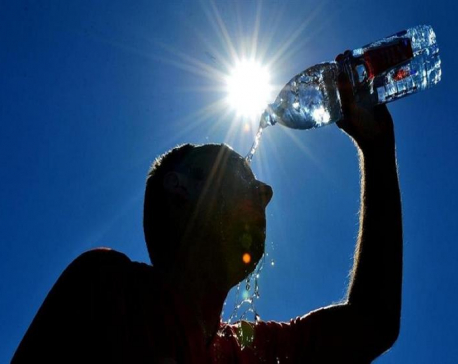
DoHM cautions of heat wave in West Terai and Madhesh regions for next five days
KATHMANDU, April 23: The government has cautioned the denizens of West Terai and Madhesh regions to take precaution from hot... Read More...
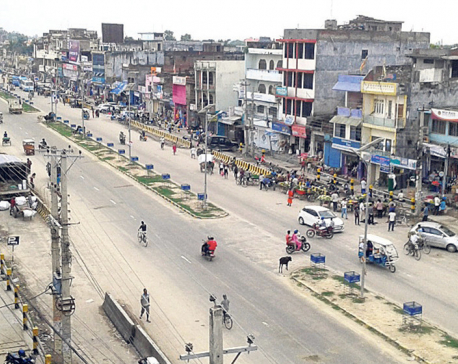
Nepalgunj's hot air being studied
KATHMANDU, July 22: A study on the temperature and hot air of Nepalgunj has been started. Nepalgunj Sub-metropolitan City office... Read More...
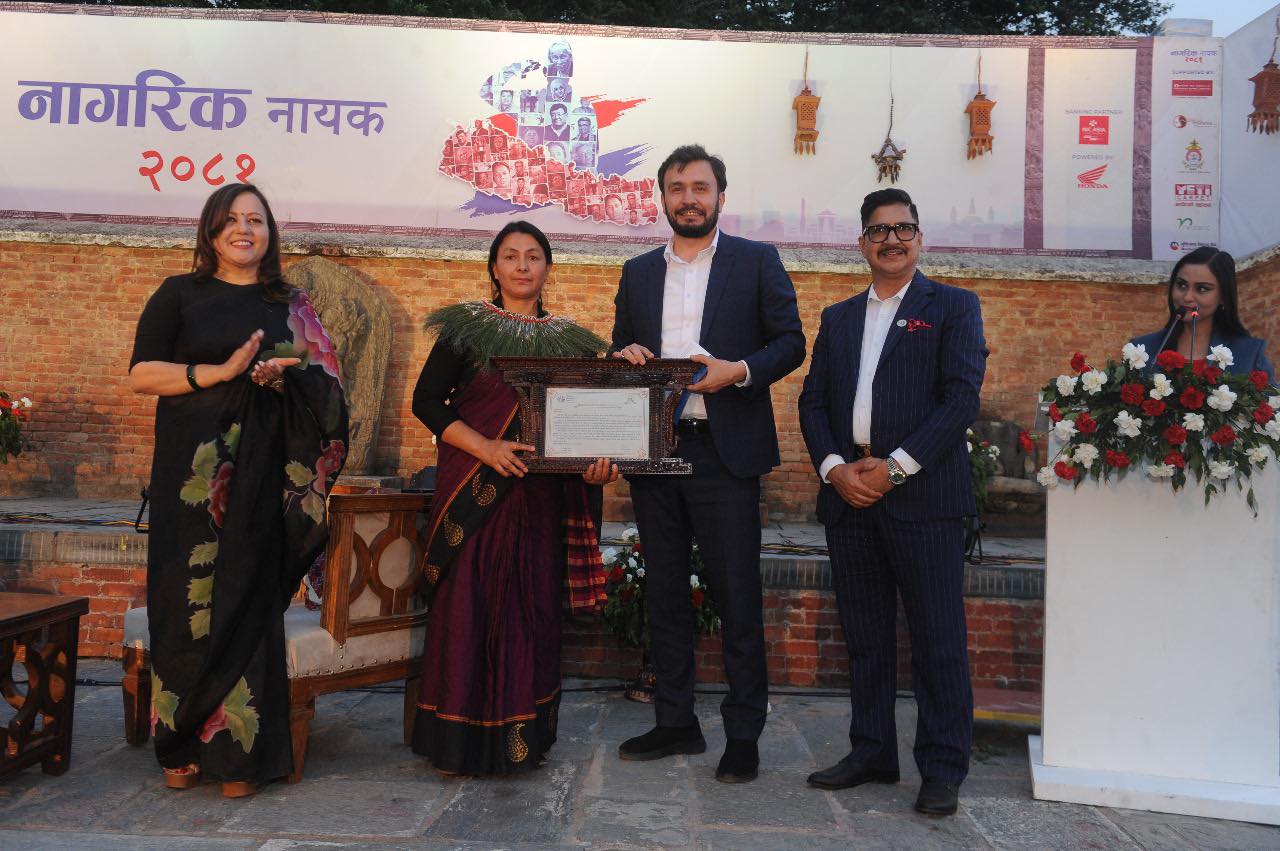
Just In
- Let us present practical projects, not 'wish list': PM Dahal
- President Paudel requests Emir of Qatar to initiate release of Bipin Joshi
- Emir of Qatar and President Paudel hold discussions at Sheetal Niwas
- Devi Khadka: The champion of sexual violence victims
- Nagarik Nayak Felicitation (Live)
- Qatar Emir in Kathmandu, President and Prime Minister welcome Emir at TIA (In Photos)
- NRM Director Gyawali inaugurates Nagarik Nayak 2081
- Govt amends nine laws through ordinance to attract investors








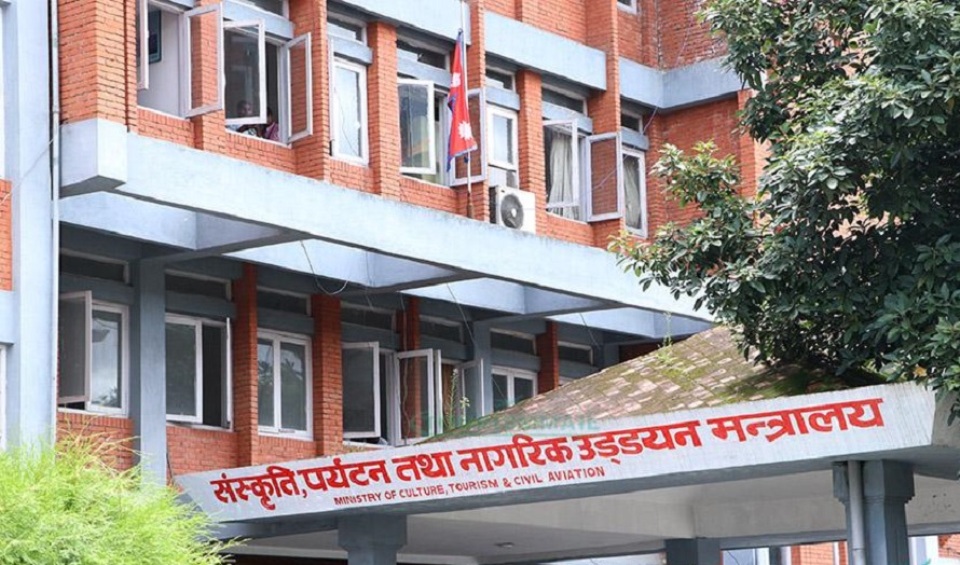

_20240423174443.jpg)
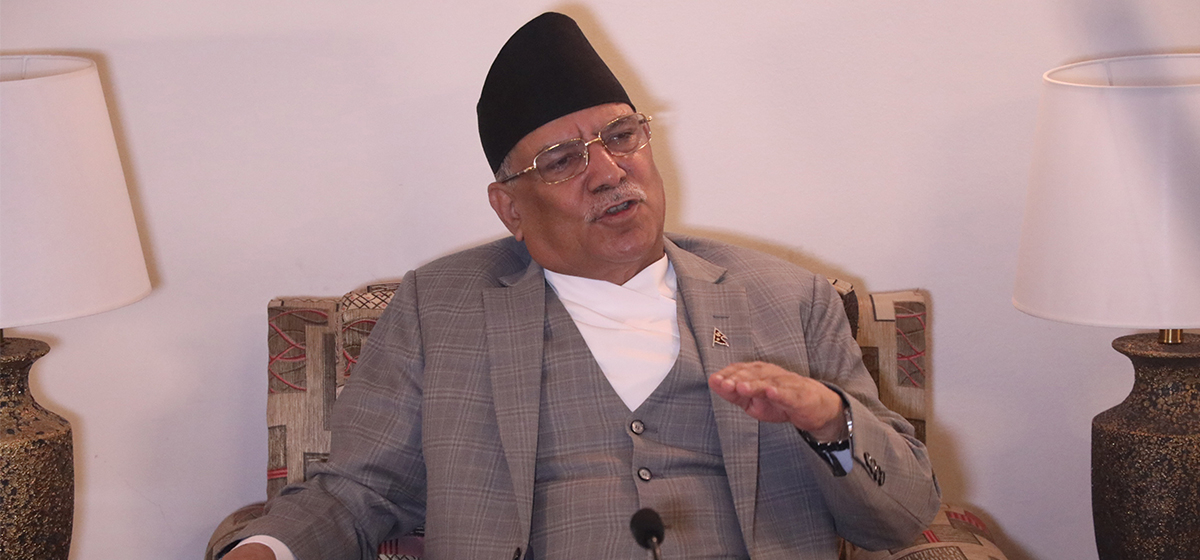

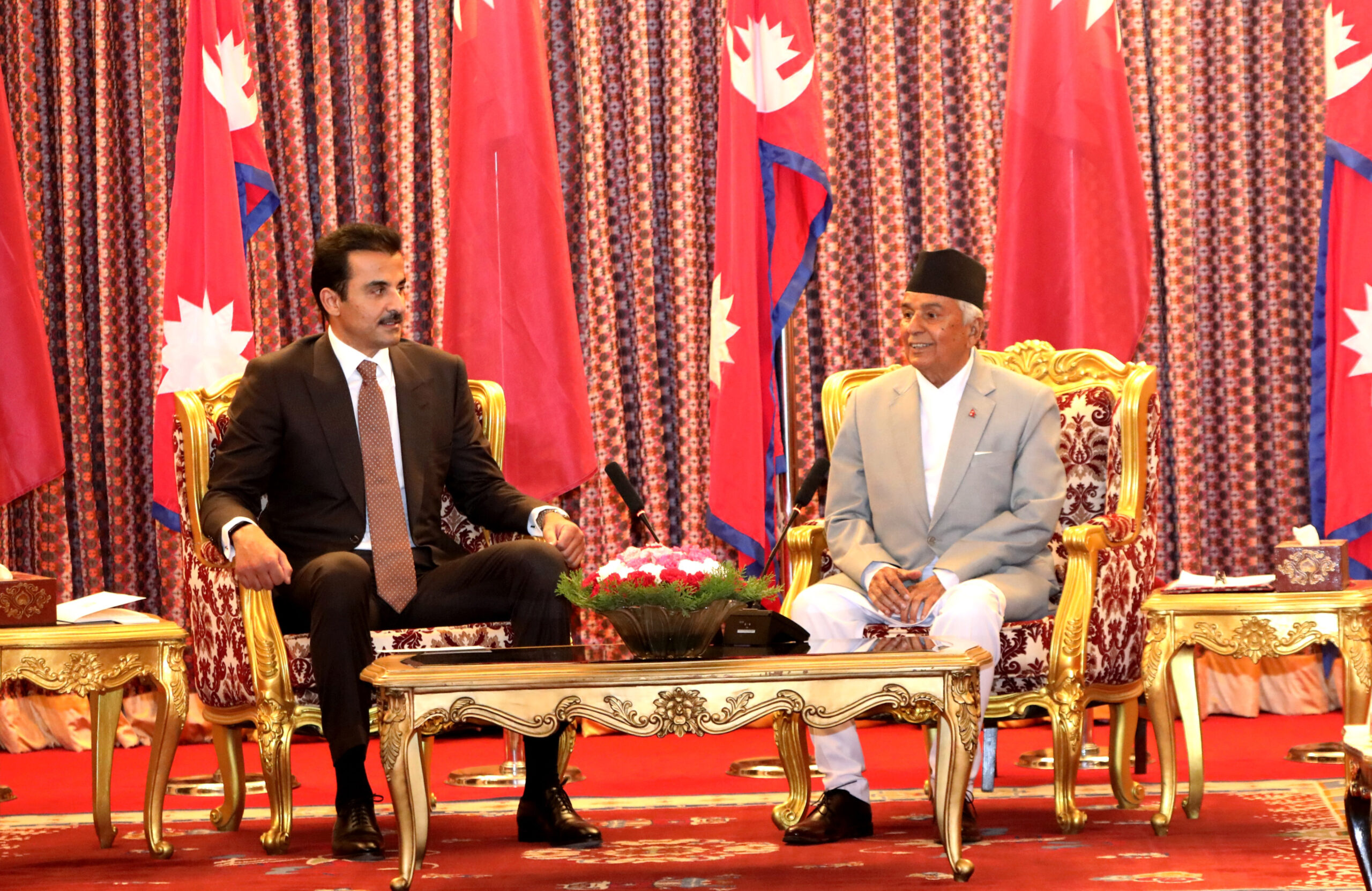
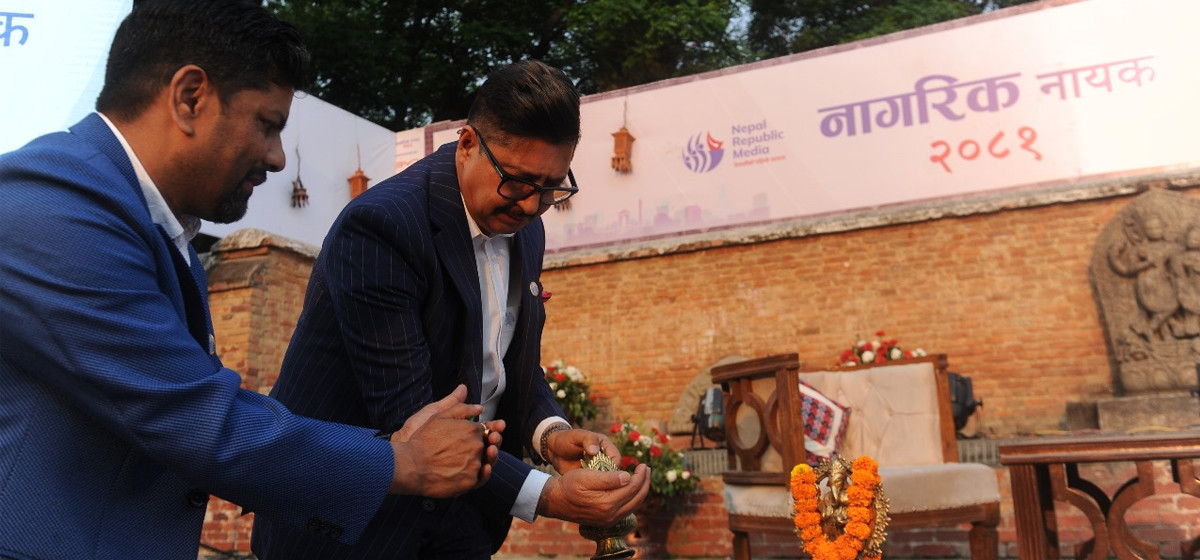

Leave A Comment